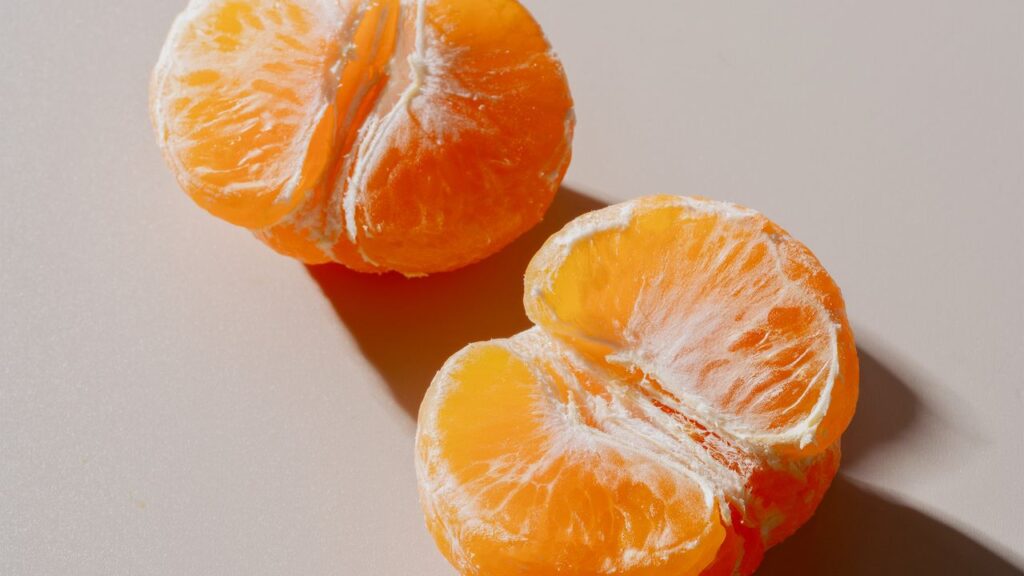Vitamin D is a crucial component of a balanced diet, serving as a fat-soluble nutrient that supports numerous aspects of our health. While our bodies naturally synthesize vitamin D when exposed to sunlight, many people, particularly in the UK, often suffer from a deficiency. In 2022, it was reported that about one in six British adults lacked adequate vitamin D levels, which translates to nearly 20% of the population. Insufficient vitamin D can lead to various health complications, including weakened immune responses, increased susceptibility to certain cancers, and potential kidney and liver issues. Addressing this widespread deficiency is essential for safeguarding our overall well-being.
Amelia Sherry, a clinical nutrition coordinator at Mount Sinai Hospital in New York, emphasizes that while vitamin D is not abundantly found in most foods, there are several delicious options readily available that can easily be integrated into our diets. Among the finest sources of this vital nutrient are fatty fish species, notably salmon, which packs a punch with 383 to 570 international units (IU) of vitamin D per 85 grams, varying by type. Rainbow trout also shines as a top contender, delivering about 645 IU in the same serving size. Those looking for a plant-based alternative can opt for fortified items, such as orange juice, providing a handy 100 IU per 240ml serving.
Other great food options include cod liver oil, often lauded for its vitamin D richness—just 5ml contains a remarkable 450 IU. Sardines are equally impressive, offering around 164 IU per can while also boasting various other health benefits. For dairy enthusiasts, milk and yogurt present viable vitamin D sources, with a cup of milk contributing around 115 IU and a 225-gram serving of yogurt containing approximately 116 IU. The availability of these versatile foods makes it easier for everyone to include vitamin D in their daily meals without feeling deprived.
So, what exactly does vitamin D do for our bodies? Primarily known for its role in promoting bone health, vitamin D works in tandem with calcium to build and maintain strong bones. Additionally, it enhances immune and muscle function, reduces inflammation, aids in cell growth, and helps regulate blood sugar levels. However, just as it’s important to get enough of this nutrient, it’s equally vital not to overdo it, as excessive intake can result in calcium absorption issues. These can lead to uncomfortable symptoms such as nausea, irritability, muscle weakness, and fatigue. Striking a balance is crucial for reaping the benefits of vitamin D while avoiding its potential pitfalls.
Determining the right amount of vitamin D one needs to maintain optimal health is also essential. According to the Mayo Clinic, the daily recommended intake varies by age: 400 IU for infants under one year, 600 IU for individuals under 70, and 800 IU for seniors over 70. For those who mainly stay indoors, have limited sun exposure, or struggle to absorb vitamin D due to health issues, supplements may be necessary. Sherry points out that people with darker skin might find it more challenging to synthesize vitamin D from sunlight. Therefore, it’s highly advisable to consult a healthcare professional and undergo a blood test to assess vitamin D levels before jumping into supplements.
Before investing in vitamin D supplements, it’s important to confirm a deficiency through a medical evaluation. A doctor or registered dietitian can provide clarity on the appropriate dosage and duration of supplementation necessary to restore healthy levels. There’s an array of vitamin D options available in the market (such as Thorne Vitamin D 5,000 and Quicksilver Scientific D3K2), making it easier than ever to find the right fit for your health journey. Ultimately, understanding the significance of vitamin D, its sources, and maintaining the right balance can have a profound impact on your health and happiness. In a society where vitamin D deficiency is common, being proactive about dietary choices and supplementation is a wise approach to enhancing our well-being.

